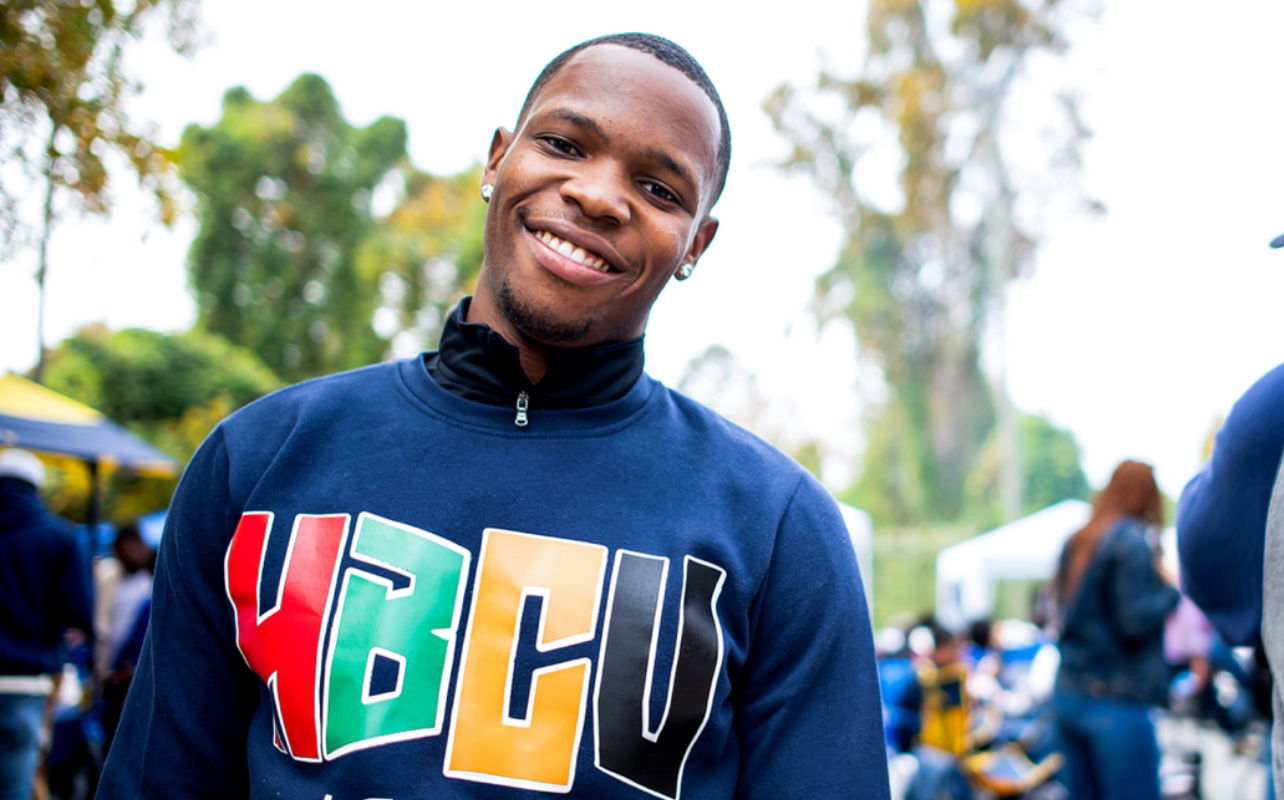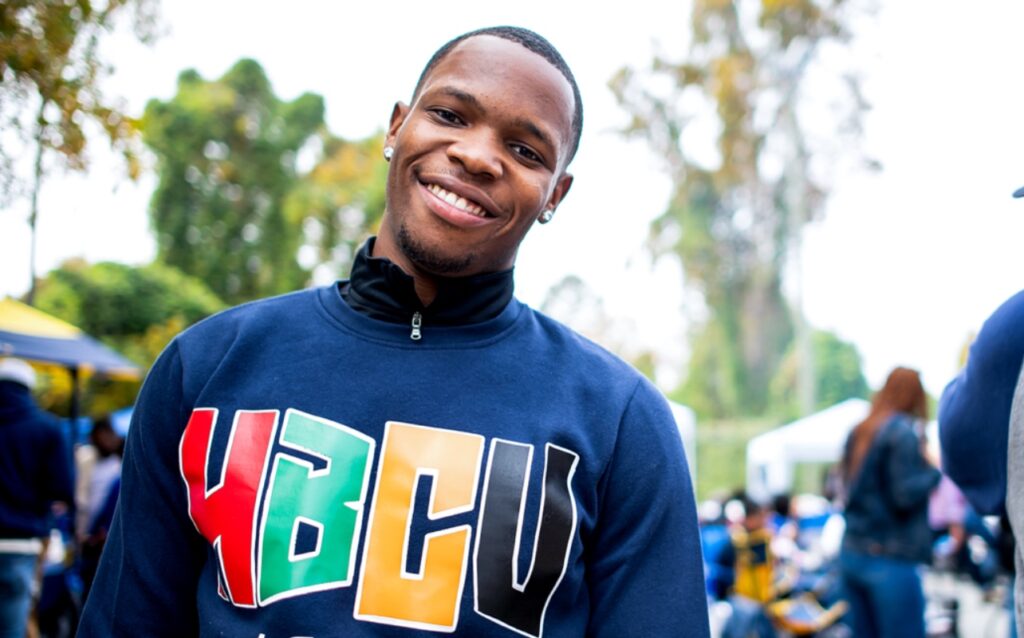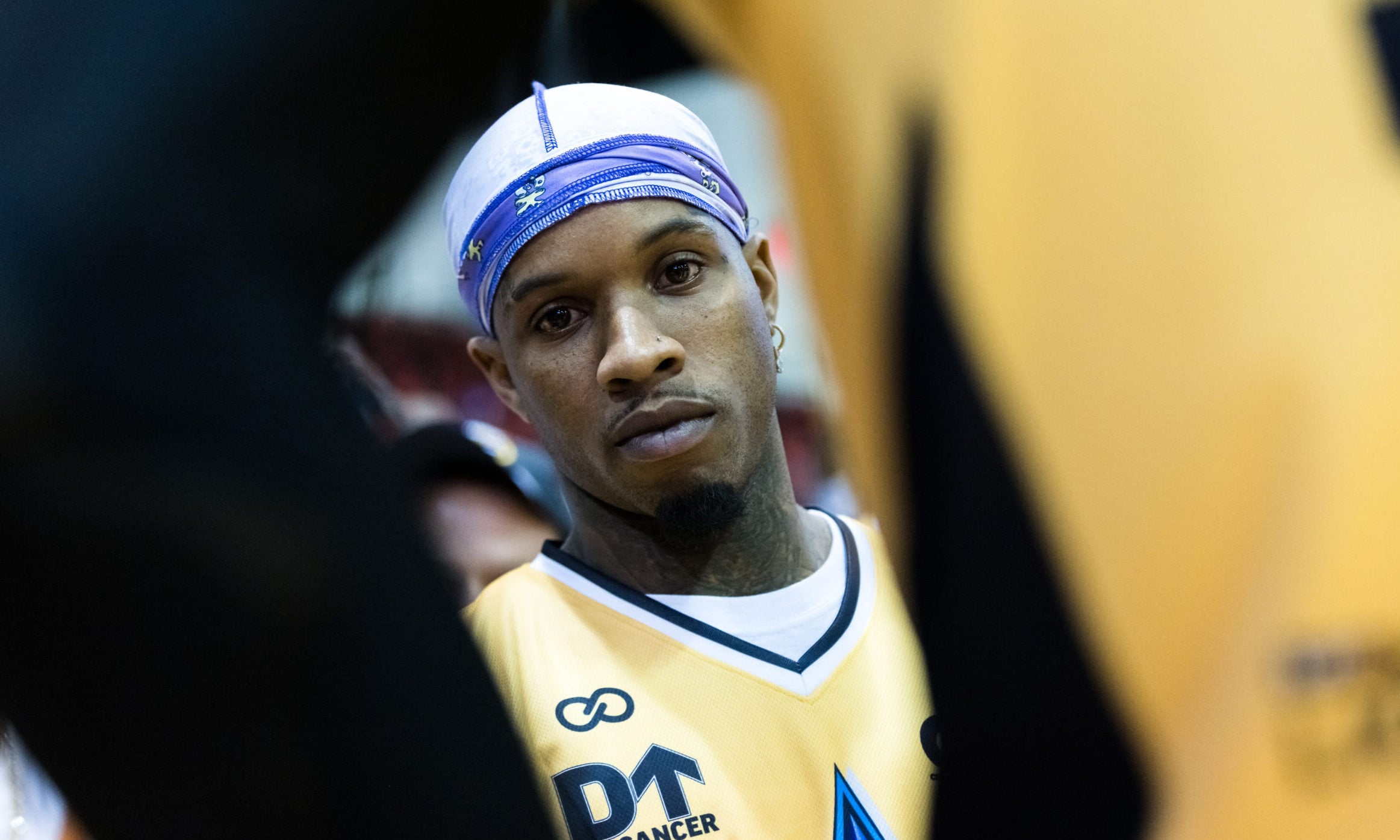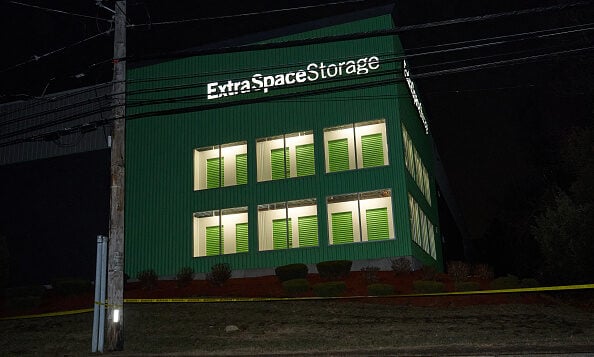
September 7, 2025
According to Dr. Asya Johnson, the principal of HBCU College Prep High School, the aim of the school goes well beyond offering dual credit and a path to an associate’s degree.
On Sept. 4, New York City officials opened the doors to a school they hope transforms the prospects of the students who learn within its halls, the school is a first-of-its-kind Historically Black College and University prep school, part of a bid that its administrators hope will have the upshot of advancing both college readiness and exposure and access to HBCUs among its enrollees.
As Dr. Asya Johnson, the principal of HBCU College Prep High School, told ABC News in an interview before the school’s opening, “There’s just not enough exposure to HBCUs across the country. We talk about college and college access, but we do not spend enough time celebrating the history and the data around it.”
[embedded content]
In part, the lack of exposure is due to the fact that the majority of HBCUs are located in the South, due to the fact that those particular institutions were created as a counter to the denial of Black students by universities in the former Confederate states that observed Jim Crow segregation laws.
Because of this history, HBCUs tend to punch above their weight class when it comes to producing Black graduates, particularly when it comes to professional occupations like doctors, lawyers, and judges, despite only operating a few of these specialized schools in comparison to predominantly white institutions, HBCUs produce the majority of Black people (over 80%, according to studies) who operate in these fields.
Delaware State University, one of a handful of HBCUs, otherwise referred to as historically Black land-grant universities, located outside of the South is both a partner institution of the high school as well as the alma mater of its principal, something that likely shaped her desire to expose students to the rich history and possibilities created by HBCUs.
“It’s important because it doesn’t exist. We often don’t explain to students what exists beyond just our state or our local tri-state area. Why not expose students to that? We want them to know that from the minute they walk into the doors, how much we love and care for them,” Johnson said.
The school, located in Jamaica, Queens, only had 100 seats available in its first year, but over 1,000 applicants, and like many charter schools, used a kind of entrance exam to help determine who would receive one of the coveted seats.
Their criteria involved writing an essay which involved the student asking for admission to solve either a technology or health issue in their community, and a video which discussed how they wanted to use their degree to give back to their communities.
According to DSU President Tony Allen, “To be clear, the greatest indicator for a lower-resourced student from an under-served community to actually get into the middle class and change the economic trajectory for themselves, their families, and their communities is their attendance at an HBCU.”
Per the office of New York City’s Mayor Eric Adams, students who attend the school will receive up to 64 college credits towards a liberal arts degree at Delaware State University and are guaranteed admission should they choose to apply there.
According to Johnson, the aim of the school goes well beyond offering dual credit and a path to an associate’s degree, it is her desire that those students turn into productive members of society.
“We’re just not trying to give kids a high school diplomas and associates degree, but we want to prepare them for the real world to make sure that they can be active citizens in this society. HBCUs, and our school, in particular, are not just for students who are Black,” An admission that is plain to see, but is likely politically imperative given the current climate that equates diversity, equity and inclusion with programs designed to benefit Black Americans at the expense of more privileged individuals. “Anyone can attend an HBCU, just like anyone can attend and apply to HBCU Early College Prep here in New York City,” Johnson noted.
RELATED CONTENT: 10 Historically Black College And Universities With The Lowest Tuition





